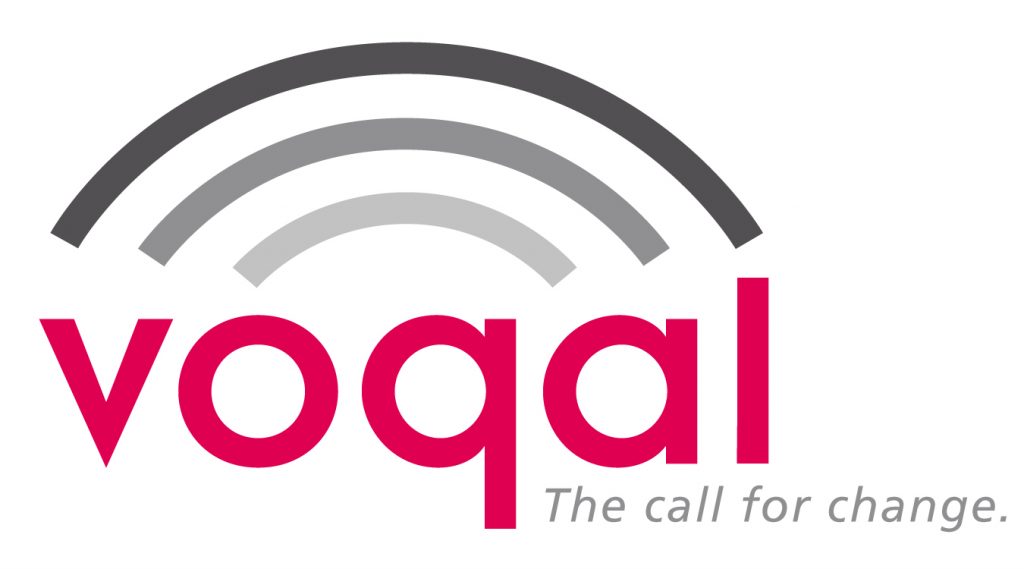November 14, 2018

Voqal believes telecommunications policy should be focused on ensuring the country’s telecommunications resources and infrastructure contribute to a socially equitable world for all. This goal of equity in telecommunications extends to those who control our nation’s electromagnetic airwaves or “spectrum” – a vital public resource that has been increasingly licensed and concentrated in fewer and fewer corporate hands over the past few decades. When T-Mobile and Sprint announced plans to merge in May, Voqal noticed several issues that could undermine the ability of telecommunications resources to fulfill this important mission. One issue, in particular, is the new company’s ability and incentive to exercise market power over the 2.5 GHz wireless spectrum band, the band where Voqal and hundreds of other educational entities hold Educational Broadband Service (EBS) spectrum licenses, and how that could negatively affect 5G development. This market power threatens competition both in the acquisition of spectrum and the sale of wireless broadband services.
The use of 2.5 GHz spectrum will be critical in the coming years. As a matter of physics and as result of past regulatory policy, 2.5 GHz spectrum is a “sweet spot” for deploying 5G, as Sprint, the major lessee of EBS spectrum has continually boasted. Sitting in the mid-band of spectrum frequencies, 2.5 GHz spectrum offers a unique combination of propagation and data capacity advantages. Not too low in frequency and not too high, 2.5 GHz spectrum is just right for 5G deployment. The proposed merger would ensure the merged entity, New T-Mobile, would control virtually all of this key spectrum, harming the chances of a competitive and equitable 5G market.
Sprint already has buyer power in the market for 2.5 GHz spectrum. In fact, it controls the bulk of the band. Meanwhile, the other major wireless carriers control little to none. The concentration problem is exacerbated by the fact that the FCC has failed to make other mid-band spectrum bands available. To make matters worse, Sprint’s commanding position allows it to dictate the terms of its contracts with 2.5 GHz spectrum lessors. The proposed merger would give New T-Mobile greater financial resources to exercise and expand this buyer power and would create additional reasons for it to exploit that power to force sellers and lessors of 2.5 GHz, (universities, schools, nonprofits or governmental entities that serve the public interest by using the spectrum for educational purposes) to accept lower prices for their spectrum.
There is a widespread acknowledgment that 2.5 GHz spectrum is crucial for deploying 5G. It is widely recognized that a blend of low-band, mid-band and high-band spectrum is necessary for robust 5G deployment. T-Mobile’s low-band and high-band spectrum holdings complement Sprint’s 2.5 GHz (mid-band) holdings for the purpose of 5G. By combining, Sprint and T-Mobile would ensure that they, and only they, control the best, and perhaps the only, mid-band spectrum for nationwide 5G deployment. Deprived of access to the 2.5 GHz band, competitors’ efforts to develop 5G will be costlier and less effective. And wireless broadband customers will suffer as a result.
The proposed merger will convert an already concentrated four-firm wireless market to an even more concentrated three-firm market. This is particularly true when it comes to controlling spectrum, the oxygen of wireless networks. As Voqal points out in its pleading, Sprint claims to hold an average of 160 MHz of 2.5 GHz spectrum (out of a possible 194) in the top 100 markets — an average of 82% of the available 2.5 GHz spectrum. Allowing one company to control so much of this vital public resource will inhibit the ability of competitors to provide the best nationwide 5G network.
While Voqal does not oppose this merger outright, it has asked the FCC to require Sprint to divest a substantial portion of its 2.5 GHz spectrum holdings in order to ensure the existence of a competitive market. The Commission has a unique opportunity to inject competition into the 2.5 GHz band, which promises to accelerate 5G deployment to more Americans at a critical time for expanding internet access.